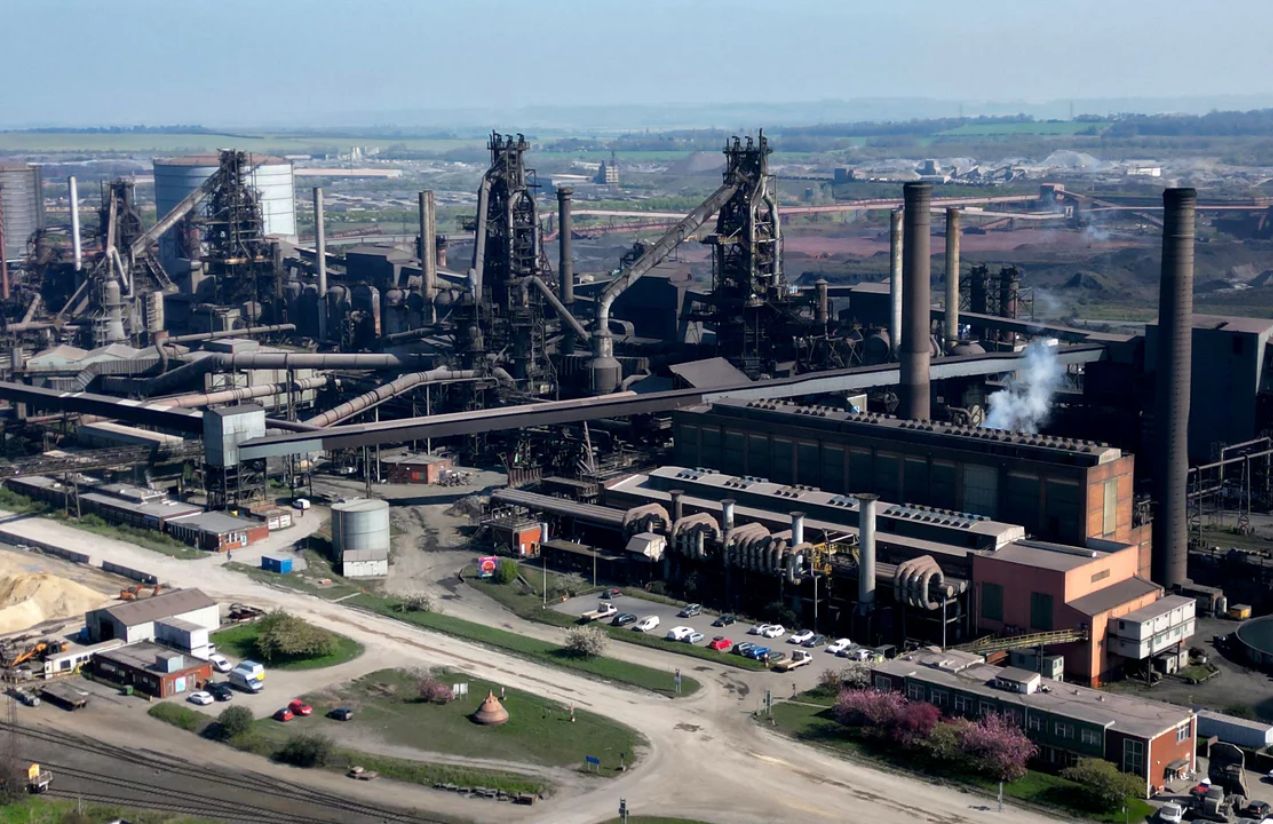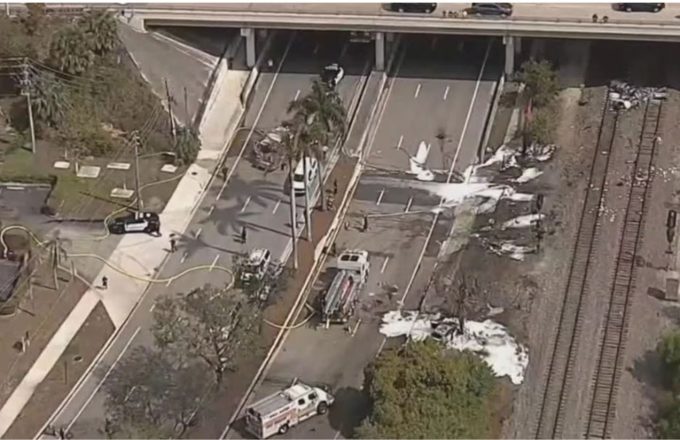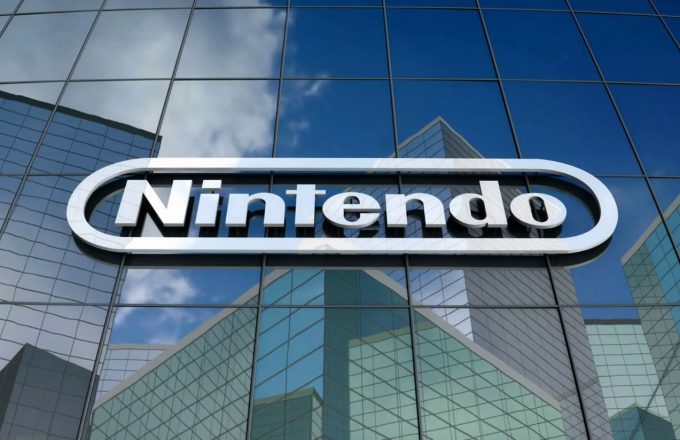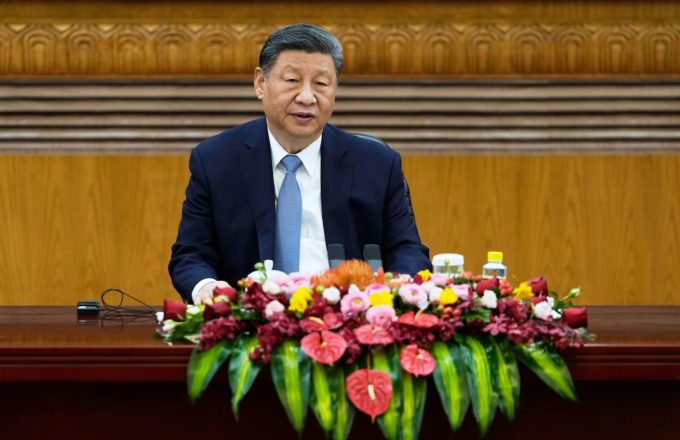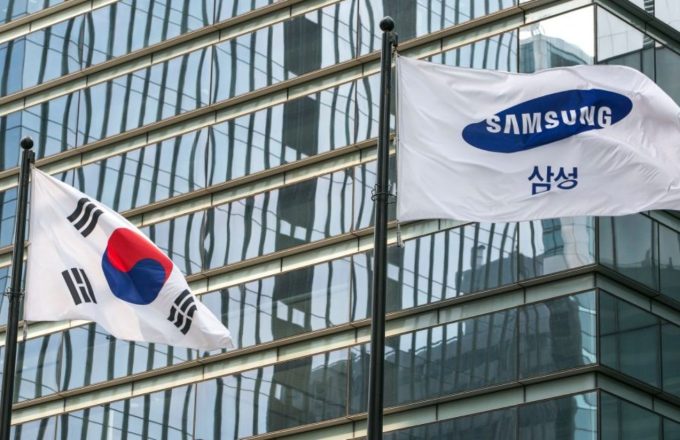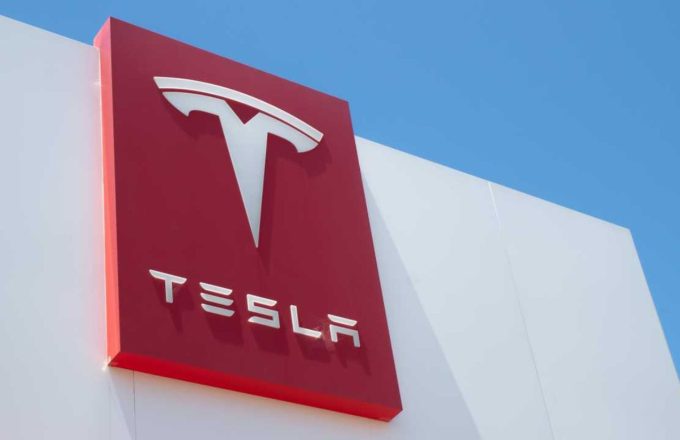In an extraordinary session held this Saturday, the UK Parliament passed an emergency law aimed at preventing the closure of the British Steel plant, following failed negotiations with its parent company, China’s Jingye Group.
Both the House of Commons and the House of Lords backed the measure after hours of debate. Once the law is signed by King Charles III, it will allow the government to take control of the Scunthorpe plant in the country’s northeast—safeguarding more than 2,700 jobs and ensuring the continuation of operations.
The Labour government will still need to decide the long-term future of the plant: whether to seek a private buyer, opt for a public-private partnership, or move toward full nationalization.
The government’s intervention comes shortly after Jingye announced in late March that it was beginning consultations to shut down its two blast furnaces and scale back steel production in Scunthorpe. Despite more than £1.2 billion (around $1.5 billion) in investments over the past four years, ongoing production challenges and market difficulties have led to daily losses of approximately £700,000 (about $915,000).
Officials said they had approached Jingye with a generous support offer and “reasonable and sensible conditions” to protect the workforce. However, talks ultimately broke down, and the company continued with its plans to exit the UK.
According to the government, Jingye’s strategy involved gradually reducing raw material purchases until production could be halted entirely—a move that could have caused the steel inside the furnaces to solidify, severely damaging the infrastructure and making future reactivation nearly impossible.
Had the closure gone ahead, the UK would have become the only G7 nation without domestic steel production—a material vital for infrastructure and the rail sector, among others.
Business Secretary Jonathan Reynolds noted that the special parliamentary session during the Easter recess—the first since the Falklands War in 1982—underscored the gravity of the situation. “These are extraordinary circumstances that require extraordinary measures,” he said.
Following the vote, Prime Minister Keir Starmer visited the Scunthorpe plant and met with workers, thanking them for their dedication and reaffirming the government’s support.
“You are the ones who keep this running. You and your colleagues have been the backbone of British Steel for years, and it’s important we acknowledge that. That’s why, after being in Parliament this morning, I came straight here to meet you face to face,” he said.
“What matters to us are your jobs, your lives, your communities, your families,” Starmer added.


